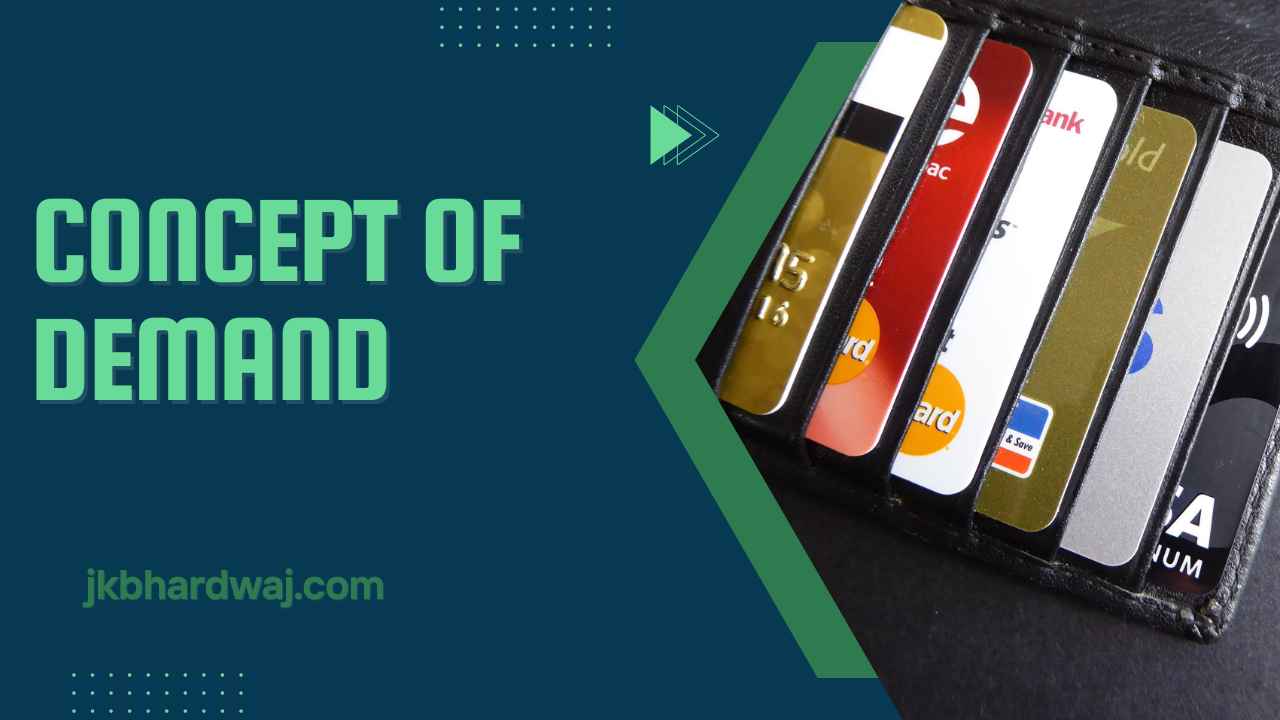Table of Contents
Debit Card Vs Credit Card
Debit and credit cards are widely used financial tools that allow individuals to make purchases and access funds.
Debit Card Vs Credit Card
Debit Card:
Debit Card is a physical or virtual payment instrument containing a means of
identification, linked to a Saving Bank/Current Account which can be used to withdraw
cash, make online payments, do PoS terminal/Quick Response (QR) code
transactions, fund transfer, etc. subject to prescribed terms and conditions.
A debit card is a physical card that allows a user to withdraw the amount of money that he/she has deposited into the bank. It deducts money directly from the consumer’s bank account linked to the card.
Every debit card contains a 16-digit card number and a confidential card verification value (CVV). A debit card can be used to withdraw money from ATMs and it can be used to make online payments through credit card-powered platforms.
The debit cards can be used to withdraw cash from an ATM, purchase of goods and services at points of sale (PoS) terminals or e-commerce (online purchase).
They can be used domestically, or internationally.
Credit Card:
Credit Card is a physical or virtual payment instrument containing a means of
identification, issued with a pre-approved revolving credit limit, that can be used to
purchase goods and services or draw cash advances, subject to prescribed terms and
conditions.
A Credit card is a payment card that allows a user to borrow money from the card issuer up to a certain limit which is based on the reputation of the borrower.
It contains the information of the cardholder such as the Cardholder’s name, expiry date, a unique 16-digit card number, a card verification value (CVV), and signature. There is no need for a user to deposit money in his/her bank account.
Generally, there are 4 major types of credit card providers named Master Card, Visa, Discover, and American Express.
The credit cards can be used for purchase of goods and services at PoS terminals / e-commerce.
These cards can be used domestically and internationally (provided they are enabled for such use).
Credit cards can also be used to draw cash advances from ATMs, subject to prescribed terms, and conditions.
Debit Card Vs Credit Card
1. Source of Funds
Debit Card:
- Funds are directly withdrawn from the cardholder’s bank account.
Credit Card:
- Funds are borrowed from the credit card issuer up to a predetermined credit limit.
2. Payment Responsibility
Debit Card:
- Immediate payment; money is deducted from the bank account at the time of the transaction.
Credit Card:
- Deferred payment; the cardholder receives a monthly statement detailing all charges.
3. Fees and Interest
Debit Card:
- Typically, no interest charges since you are using your own money.
- Possible fees include overdraft fees (if linked to overdraft protection), foreign transaction fees, and ATM withdrawal fees (if using an out-of-network ATM).
Credit Card:
- Interest charges on carried balances (usually quite high).
- Possible fees include annual fees, late payment fees, over-the-limit fees, cash advance fees, and foreign transaction fees.
4. Credit Score Impact
- Debit Card:
- Does not directly impact your credit score, as it’s not reported to credit bureaus.
- Good for managing expenses without affecting credit history.
- Credit Card:
- Usage, payment history, and credit utilization ratio can significantly impact your credit score.
- Timely payments and low credit utilization can positively affect your credit score, while missed payments and high balances can negatively affect it.
5. Limits
Debit Card:
You can access any amount up to what is currently available in your savings bank or current account.
Credit Card:
You can use the card only up to the pre-set credit limit on your card.
Debit Card Key Points:
-
- Uses your own money.
- No interest or monthly bills.
- Limited to the available balance in your bank account.
- Less impact on credit score.
- Generally fewer rewards and benefits.
Credit Card Key Points::
-
-
- Borrows money from the issuer.
- Potential for interest and fees if balances are not paid in full.
- Can build or damage credit score based on usage and payment history.
- Often offers rewards, benefits, and stronger fraud protection.
-
